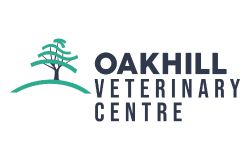Spring grass is attractive as a low cost feed for dairy cows. But how do we manage high yielding herds that wish to graze?
The first question is what cows are suitable for grazing? Dry cows (both far-off and close-up) and early lactation cows are often much easier to manage on a housed diet. Mid and late lactation cows are often the best candidates for grazing – safely back in calf and past peak milk production.
Spring grass has a high crude protein content and often drives excessive body condition loss in early lactation cows. This can have a negative knock-on effect on future health & fertility and increase the likelihood of these cows being culled.
Buffer feeding around turnout is essential – this will naturally happen as cows will be housed at night after milking but to drive intakes, introducing the buffer TMR before milking can be very beneficial.
In wet conditions, bring cows back in after 3 – 4 hours at grass. This protects the grassland and cows will generally have eaten 80 – 90% of their grass allowance at this stage.
Remember to check what the cows are telling you? Monitor rumen fill and dung consistency, look out for cud balls and check milk fats and proteins to ensure cows are happy and productive!
